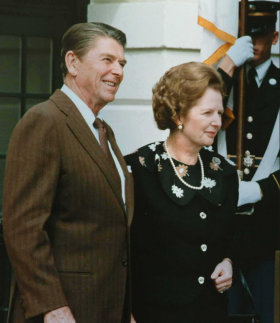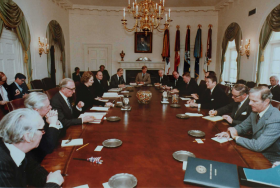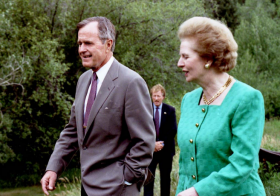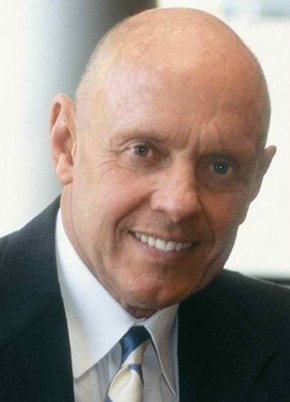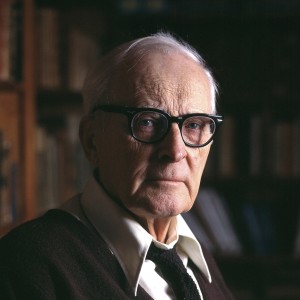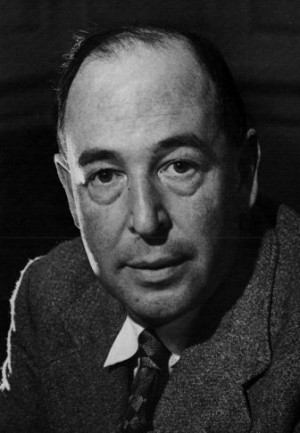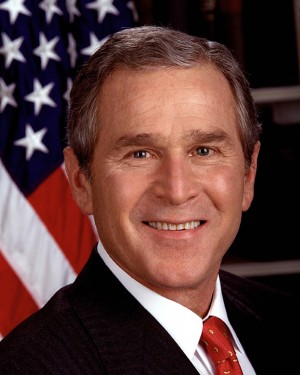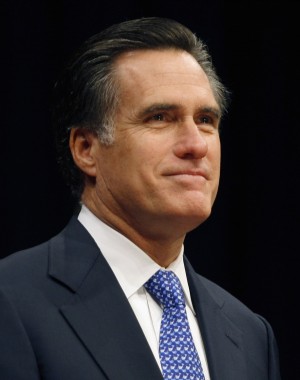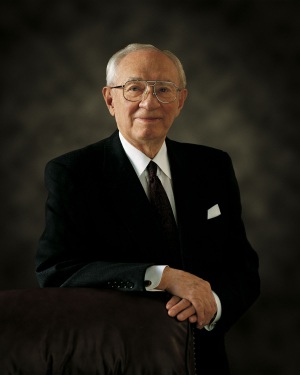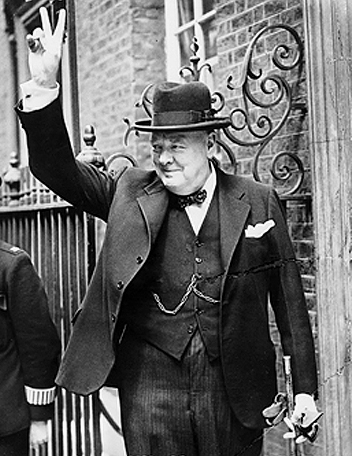On 3 May 1979 I voted for Margaret Thatcher in the United Kingdom general election. The next year I emigrated to the United States. The two events were not connected as I very much admire Margaret Thatcher, the United Kingdom’s and Europe’s first female head of government.
As Prime Minister from 1979 to 1990, she earned her nickname the “Iron Lady” with strict conservative policies, a tough stance against trade unions, and militant rhetoric in opposition to the Soviet Union.
Thatcher emphasized deregulation, flexible labor markets, the end to state ownership of, and subsidies to, companies.
In May 1980, 26 hostages were held by six terrorists in the Iranian embassy. Thatcher’s popularity was boosted six days later when the siege was ended by a successful raid by SAS commandos.
On 2 April 1982, Argentina invaded the Falkland Islands, a British overseas territory. Thatcher authorized an amphibious and ground combat operation to retake the islands. Argentina surrendered on 14 June and with the British victory came increased support for the Thatcher government.
The Iron Lady spoke often and forcefully against Socialism. Here are a few of my favorites.
If a Tory does not believe that private property is one of the main bulwarks of individual freedom, then he had better become a socialist and have done with it. (“My Kind of Tory Party”, Daily Telegraph, 30 January 1975)
And I will go on criticising Socialism, and opposing Socialism because it is bad for Britain — and Britain and Socialism are not the same thing. (Conservative Party Conference speech, 10 October 1975)
Socialist governments traditionally do make a financial mess. They always run out of other people’s money. It’s quite a characteristic of them. (Interview for Thames TV This Week, 5 February 1976)
I hate extremes of any kind. Communism and the National Front both seek the domination of the state over the individual. They both, I believe crush the right of the individual. To me, therefore, they are parties of a similar kind. All my life I have stood against banning Communism or other extremist organisations because, if you do that, they go underground and it gives them an excitement that they don’t get if they are allowed to pursue their policies openly. We’ll beat them into the ground on argument… The National Front is a Socialist Front. (Hornsey Journal Interview, 21 April 1978)
Socialism’s results have ranged between the merely shabby and the truly catastrophic – poverty, strife, oppression and, on the killing fields of communism, the deaths this century of perhaps 100 million people. Against that doctrine was set a contrary, conservative belief in a law-governed liberty. It was this view which triumphed with the crumbling of the Berlin Wall. Since then, the Left has sought rehabilitation by distancing itself from its past. (“Well Done Tony! You’ve Given William His Chance!”, London Daily Telegraph, 1 Oct 1999)
The fourth threat to the West is very closely linked to educational failure: it is the systematic attack on the traditional family.
Of course, the family has also been attacked in unsystematic ways. In both our countries, and under parties of both left and right, the effectively unconditional supply of social benefits to those who were thought incapable of coping undermined the incentive to work and provided an alternative and seemingly endless income from government. It thus undercut the family unit. It promoted habits of idleness and delinquency. It permitted single-parenthood to become a financially sustainable, alternative way of life. By undermining the self-respect of so many of the most vulnerable members of society — the respectable poor struggling for decency against the odds — the dependency culture poisoned and weakened society as a whole.
Then on top of all that there has been a full-scale and deliberate assault on the institution of the family itself. The exaltation of violent and explicit sex increasingly coarsens the content of films and books and–eventually and inevitably–life itself. This is not progress. It is not liberation. It is decadence. We conservatives are not, most of us, saints: but even as sinners, we have a duty to fight — as whole-heartedly as our enemies promote — the attack on the family that threatens the West at its foundations. (Speech to the First International Conservative Congress, Washington DC, 28 September 1997)
What we should grasp, however, from the lessons of European history is that, first, there is nothing necessarily benevolent about programmes of European integration; second, the desire to achieve grand utopian plans often poses a grave threat to freedom; and third, European unity has been tried before, and the outcome was far from happy. (Statecraft: Strategies for a Changing World
, p 327)
The choice facing the nation is between two totally different ways of life. And what a prize we have to fight for: no less than the chance to banish from our land the dark, divisive clouds of Marxist socialism and bring together men and women from all walks of life who share a belief in freedom. (Speech in Perth, Scotland, 13 May 1983)
Socialists cry “Power to the people”, and raise the clenched fist as they say it. We all know what they really mean — power over people, power to the State. (Conservative Central Council speech, 15 March 1986)
No theory of government was ever given a fairer test or a more prolonged experiment in a democratic country than democratic socialism received in Britain. Yet it was a miserable failure in every respect. Far from reversing the slow relative decline of Britain vis-à-vis its main industrial competitors, it accelerated it. We fell further behind them, until by 1979 we were widely dismissed as “the sick man of Europe”…To cure the British disease with socialism was like trying to cure leukaemia with leeches. (The Downing Street Years
)
Gracious…I haven’t paid my bill. Good Conservatives always pay their bills. And on time. Not like the Socialists who run up other people’s bills. (General Election, May 2001)
It is a great night. It is the end of Socialism. (General Election, 9 April 1992, The Journals of Woodrow Wyatt: Volume Two)
Imagine a Labour canvasser talking on the doorstep to those East German families when they settle in, on freedom’s side of the wall. “You want to keep more of the money you earn? I’m afraid that’s very selfish. We shall want to tax that away. You want to own shares in your firm? We can’t have that. The state has to own your firm. You want to choose where to send your children to school? That’s very divisive. You’ll send your child where we tell you.” (Conservative Party Conference speech, 13 October 1989)
Make no mistake. These communist regimes were not some unfortunate aberration, some historical deviation from a socialist ideal. They were the ultimate expression, unconstrained by democratic and electoral pressures, of what socialism is all about: state ownership at the expense of private property;government control at the expense of individual enterprise; the pursuit of equality at the expense of opportunity for all … in short, the state was everything and the individual nothing. (Speech, Four Seasons Hotel, Washington DC, 8 March 1991)
For every idealistic peacemaker willing to renounce his self-defence in favour of a weapons-free world, there is at least one warmaker anxious to exploit the other’s good intentions. (Statecraft: Strategies for a Changing World
, p 50)
Video
These brief exchanges took place during Margaret Thatcher’s last speech in the House of Commons on 22 November 1990.
Sources


